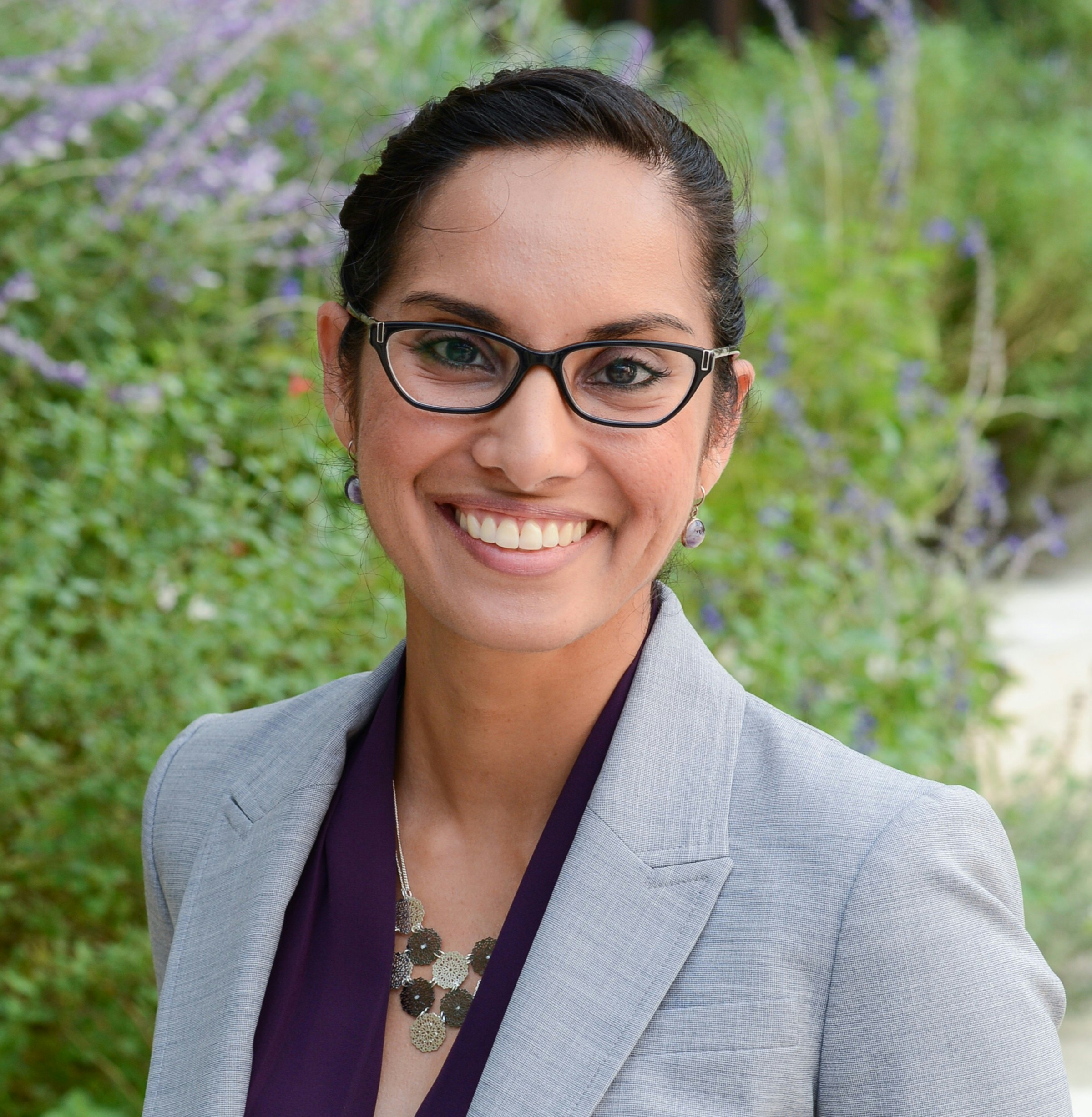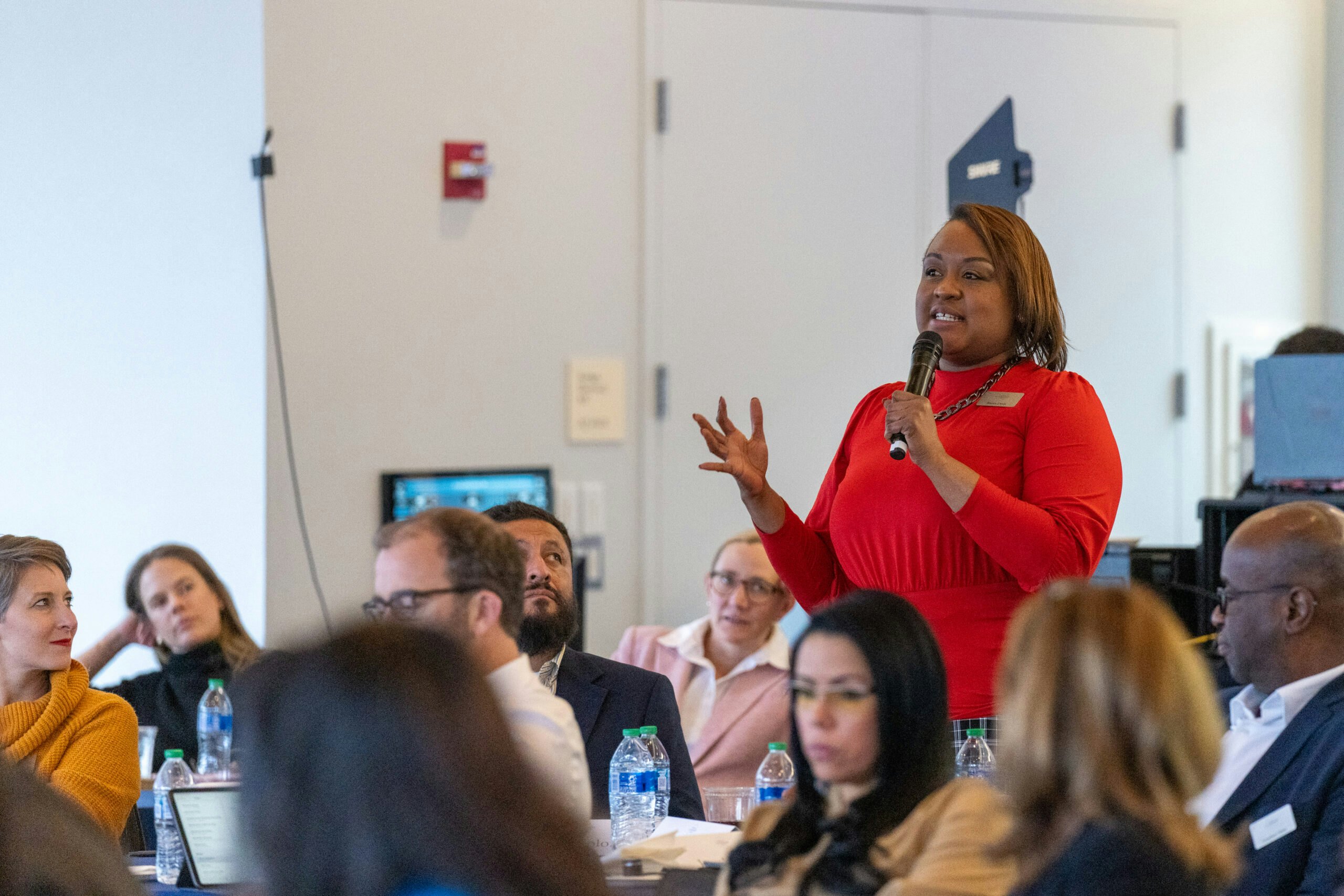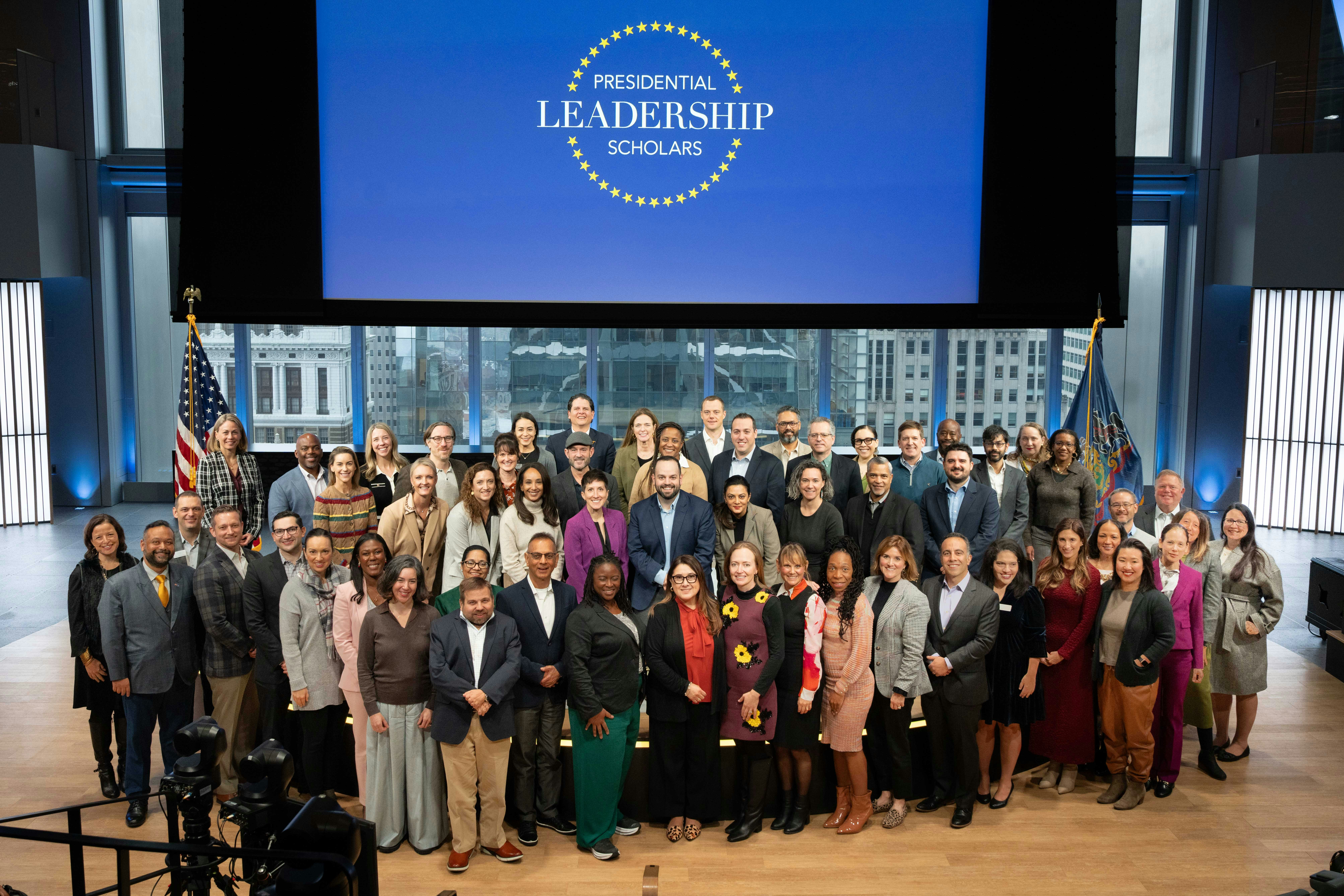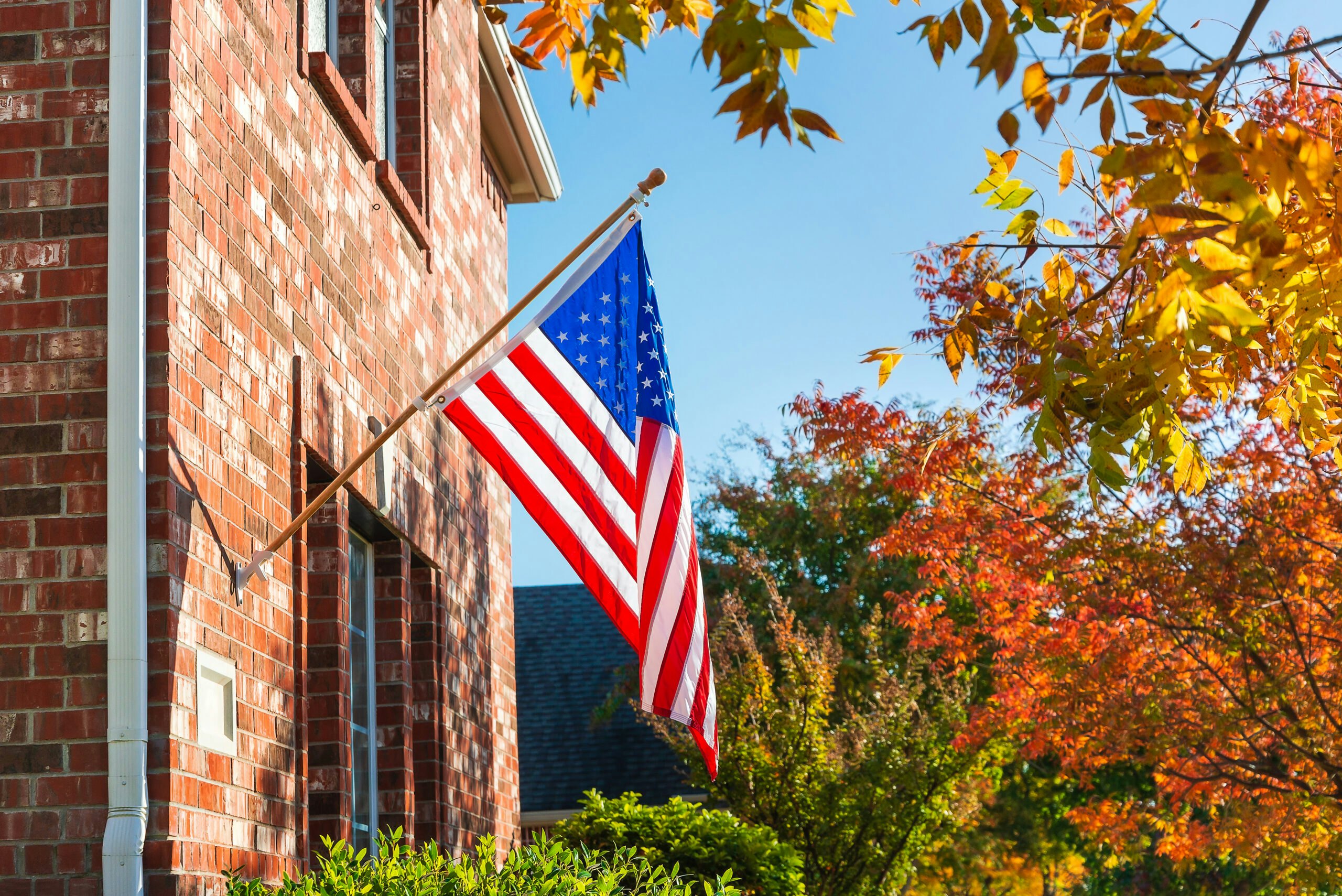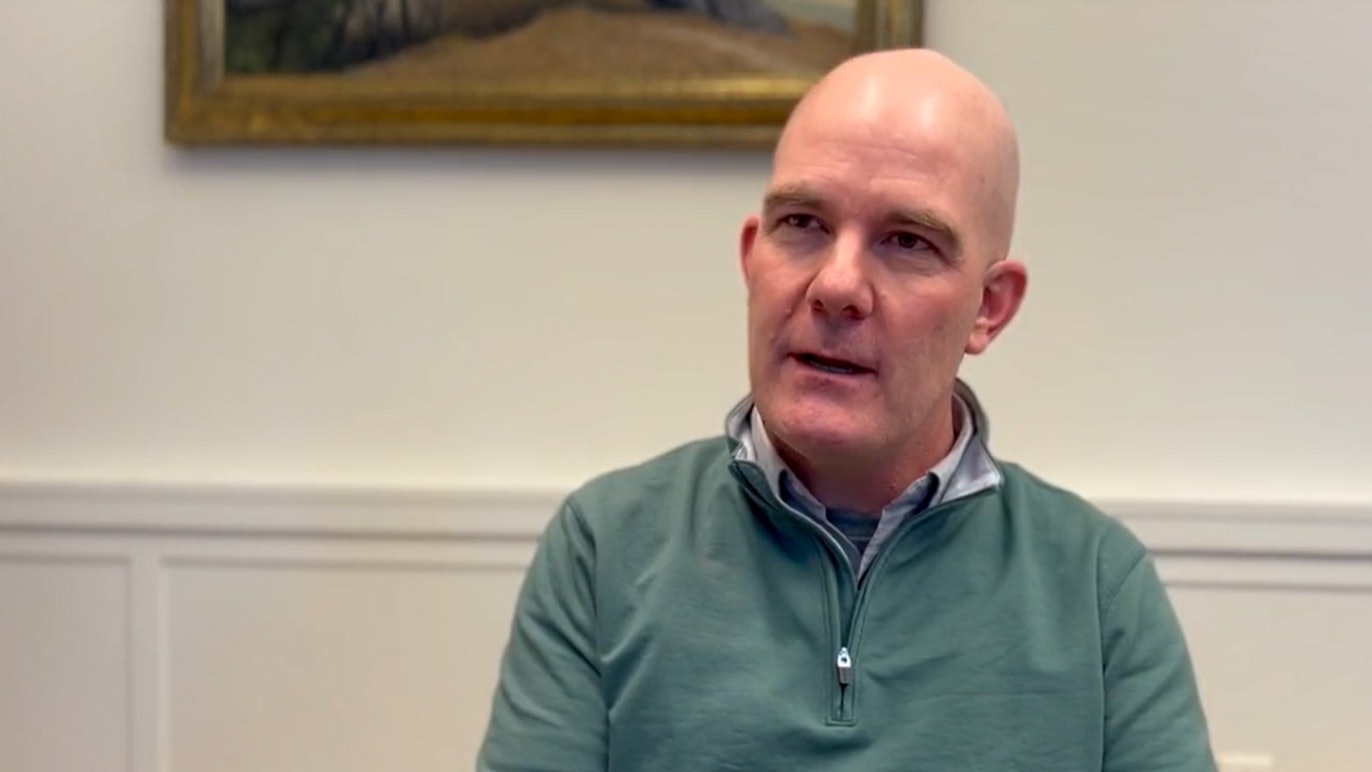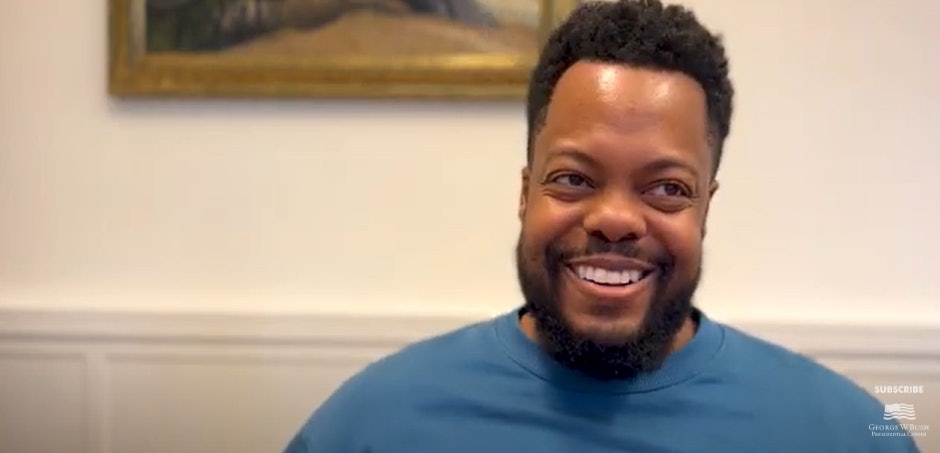The Bush Institute's Farhat Popal reflects on her personal experience peacefully protesting racial injustice in Dallas on June 6.
On June 19, 1865, Union Major General Gordon Granger rode into Galveston, Texas, and told African American slaves of their emancipation, two-and-a-half years after the Emancipation Proclamation that formally freed them. Juneteenth may be recognized as a holiday in 46 states, but we have a long way to go as a country to recognize that the struggle for racial justice and freedom did not end the day Maj. Gen. Granger rode into Texas. It has been ongoing from the day the first Africans were enslaved on these shores, through the 155 years since that day in Texas, and counting.
I have been reflecting on that struggle quite a bit lately, as have so many others. Why has it taken the video of a man being brutally murdered for us to finally pay attention in a way that we haven’t before, despite the long list of African American men and women killed by law enforcement? Why is it so easy to outfit police forces with the latest in military equipment, and so difficult to outfit communities with the tools and opportunities they need to thrive? These are difficult questions that require our country to take a long look in the mirror.
As an Afghan American, Muslim woman, I know the sting of marginalization—whether intentional or not, overt or subtle. I know the reality that while the allyship of people of color is incredibly important, the allyship of the white majority is even more crucial. And I also know that as people of color, my family and I have benefitted from the civil rights movement and the tireless work of African American activists seeking to create an America that does not use skin color as a barometer for the value of human life and human dignity.
But I also needed to take a long look in the mirror. Why haven’t I done more—as an individual and as a citizen—to move beyond Facebook posts decrying these violations of human rights, and take concrete actions to support and stand beside those who have been doing the hard work of advancing today’s civil rights movement?
Participating in Dallas’ protests was one such concrete action I knew I had to take.
With a group of friends spanning the racial, ethnic, and religious spectrum, I attended the “Dallas Stand Up for Justice” peaceful protest on June 6 at Belo Garden Park. I marched, I cried, and I shouted for justice. I stood beside a massive and diverse crowd, all wearing masks to protect each other. I experienced the kindness with which supporting organizations offered free water, snacks, masks, and first aid kits. I felt peace, fury, community, connection, and motivation all at once.
In honor of George Floyd, the crowd kneeled silently for 8 minutes and 46 seconds, the time it took for the vibrant life inside of him to be drained by Derek Chauvin. It was the most simultaneously powerful and painful part of the march. The moment we began, I started to cry, and I was not the only one – it was as if the crushing weight of racial oppression and injustice became manifest as soon as we placed our knees on the hard ground. And the maliciousness of this injustice became ever more apparent once we understood just how difficult it is to kneel that way for anything longer than two minutes.
I got home and thought, “Ok Farhat, now what? What are you going to do tomorrow?”
There are so many things that each one of us can do in our daily lives to stand up to injustice and ensure that African Americans are no longer second-class citizens in the country that used their blood, sweat, and tears to build its economy. There are countless resources written by African Americans that provide better guidance on how to be an ally than I can articulate here, but I will share what I have tried to implement from that guidance.
I have reached out to African American friends to say “my heart is with yours” and spoken with Caucasian friends who are processing in their own ways. I have donated to relevant organizations, while also thinking about where I can set up a recurring donation to ensure that the funds needed to do this work are sustained over the long-term – things will not change overnight. I have held members of my own community to a higher standard and tried to educate them on a history that is often not treated with the detail, nuance, and rigor that it should be treated.
Juneteenth should be a holiday we all celebrate, not only to commemorate the freedom of African Americans but as a reminder that the path to true freedom requires so much more from all of us. First, it requires us to recognize that people with power and privilege often lack the incentive to acknowledge their privilege, let alone give up or share those benefits easily. It takes courage to cultivate that awareness, and it takes thoughtful intention to do something about it.
What can you do, as an individual, a citizen, and member of your community? You can vote in local, state, and national elections; you can educate yourself and your children via the many book and movie lists out there; you can identify African American-owned businesses to support; and so much more. Change requires you and me, our family members and friends, our neighbors and communities, our businesses and nonprofits, our public servants and elected officials, our leaders. It requires all of us.

